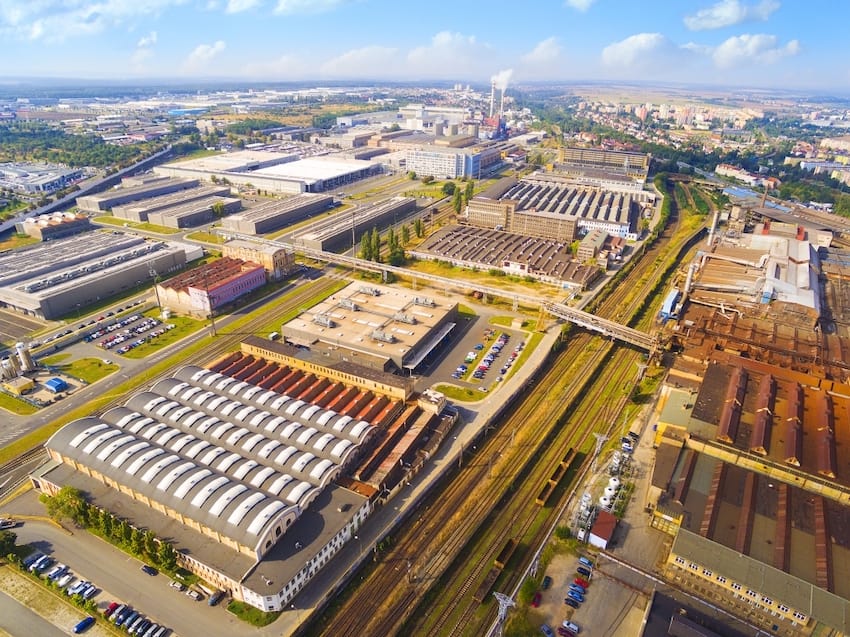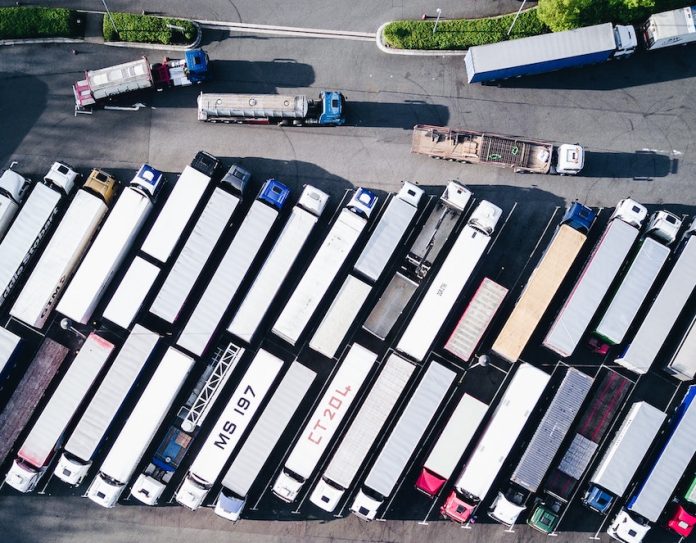A survey conducted by BBVA Research and the Mexican Association of Private Industrial Parks (AMPIP) has forecast that by 2025, 453 new foreign companies will relocate to Mexico as nearshoring in Mexico continues to prove an attractive option for international manufacturers.
But to seize the opportunity, the report suggests, Mexico must improve its energy policy, ensure water supply and reduce bureaucracy.

The report anticipates and quantifies the effects of nearshoring in the country, as well as outlining Mexico’s industrial investment future. If the study’s predictions come true, that would be a 9.1% increase over the previous cycle studied by the report — 2018–2022.
During that earlier period, 830 new foreign companies relocated to Mexico, says the report, or an average of 17 companies per month. This was in part due to tensions between the United States and China. Also during that period, 21% of companies surveyed by BBVA and AMPIP said they expanded their premises in Mexico within an industrial park.
Only 1.4% of respondents said they reduced their space.
As of March, AMPIP members operated a total 430 industrial parks in 21 Mexican states, hosting more than 3,800 companies. Of these companies, some 80% were foreign firms. AMPIP parks also reported an occupancy rate of 97.9% — an increase of 1.8% over 2019 — and a 30% average growth in inventories.
The northern and Bajío-west markets reported the most dynamic growth: by the end of 2022, inventory in the two markets had grown at an average rate of 35%, while the Mexico City metropolitan area reported a 17% growth during the same period.

The only major challenges facing foreign companies looking to relocate here are infrastructure constraints — such as the supply of clean electricity at competitive prices, drainage system capacity, water supply, public safety and efficiency in legal proceedings.
When asked about specific problems hindering nearshoring, 91% of those surveyed reported energy-supply issues. Other concerns cited by survey respondents include water scarcity (63%) and bureaucracy (74%).
The report concludes that Mexico must focus on developing renewable energies — not only for more efficiency and cost-effectiveness but also to improve Mexico’s emissions record. In the medium term, this could increasingly become a nonnegotiable requirement for companies in considering relocation.
The report concludes that addressing these issues “would favor Mexico both in terms of competitiveness and in compliance with international agreements related to climate change.”
In the same way,” it also said, “a regulatory improvement in terms of procedures and permits could be an initial step to reduce the number of drawbacks [to nearshoring].”
With reports from Forbes Online
